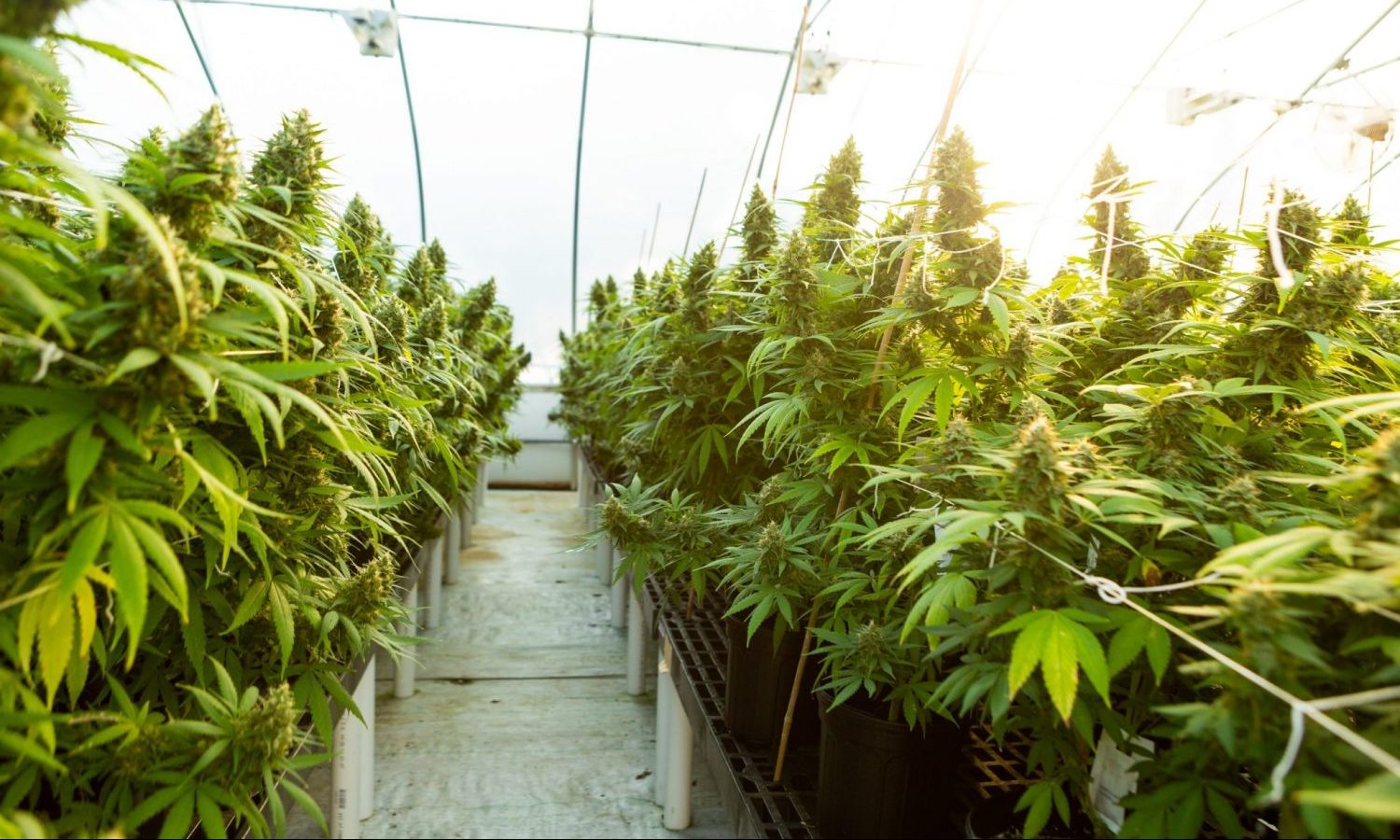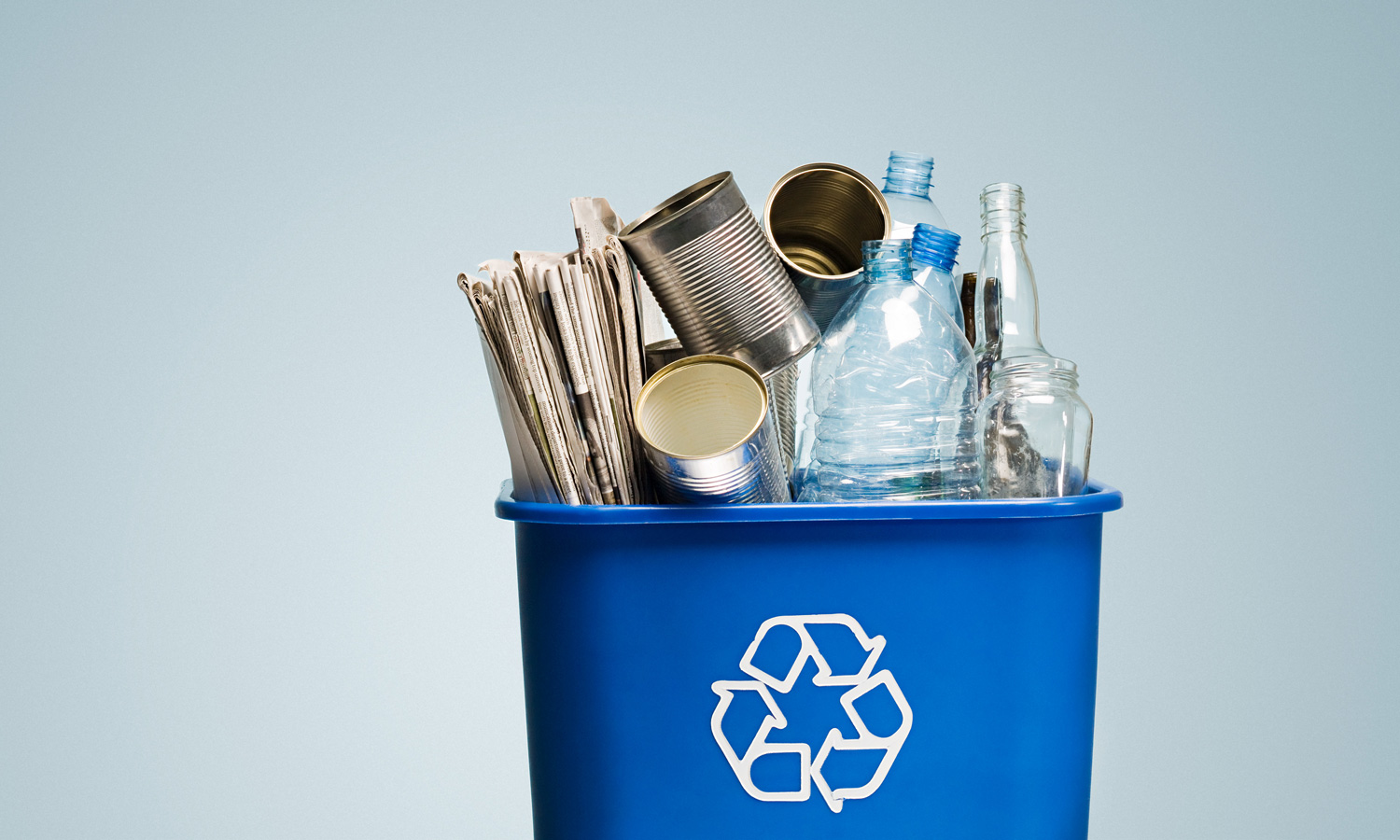We challenge you to become an advocate for sustainability by questioning brands and urging them to do better, and supporting the brands out there that put in the extra effort for our planet.
The SEC recently proposed a rule requiring public companies to report on ‘climate-related risks,’ prompting consumer product manufacturers to think twice about how they are creating products, where everything is sourced, and what ingredients they are using.
From the endless supply of paper products requiring loads of water for production, to the chemicals flooding the beauty product market, or the single-use plastic bottles forced upon the cannabis industry to meet compliance requirements, the uphill battle of becoming a more sustainable manufacturer spans across sectors.
Only 1% of all consumables remain in use six months after sale. The carbon footprint of companies making consumer goods is under a microscope, not only by federal agencies, but consumers as well who want to live a waste-free lifestyle and support brands that share similar values around sustainability.

RELATED: 4 Ways Cannabis Is Becoming A Greener Industry
There’s certainly a lot to consider when assessing the sustainability of a product. But by asking yourself these three questions, you can get a good starting point for your evaluation.
What kinds of chemicals or synthetics are used to produce the product?
There are widely-held concerns about chemical pollution in the environment. Out of approximately 350,000 compounds registered globally, only a small fraction has been assessed for safety, and this number continues to grow at pace which poses great risk on earth’s systems.
Most paper products require processing chemicals to manufacture the end product, but not all paper products require the same level of chemicals to deliver a finished product. Hemp paper is an industry game-changer in the world of paper product production. Botani, a creator of customizable and scalable hemp paper products for cannabis businesses, creates rolling and blunt wraps that are derived from natural resources and eco-friendly processes. This is both due to the fact that Botani is leveraging hemp, an annual crop, in combination with a unique process of whitening called TCF (Totally Chlorine-Free.) As a part of 400 year old publicly-traded paper milling pioneer SWM, Botani inherits a rich history in natural fiber technology.
Using chemicals to create something that’s edible or smokable like a rolling paper is one thing, but products relying heavily on synthetics continue to flood the wellness market
“Endocrine disrupting chemicals are too prevalent and find themselves in an array of products from plastics, to cleaning products, to cosmetics, to fragrances,” said Veronique Lee, CEO & Founder of CandaScent Labs, a health and wellness aroma brand. “In regards to the elusive ‘fragrance’ ingredient, ingredients are not required to be listed, and little is known as to how the ingredients take the environment into account, let alone your personal health.”
RELATED: States Pushing Cannabis Operations To Be More Earth Friendly
CandaScent Labs is challenging the status quo in this regard throughout their collection of candles and botanical mists. They offer full transparency of ingredients with scents that are 100% botanically derived, free of all synthetics, and powered with antioxidant and anti-inflammatory ingredients.
Are the ingredients within the product ethically sourced?
Along with finding resourceful ways to utilize natural or organic ingredients like botanicals, sourcing is an incredibly important piece to the puzzle that can also be the most difficult to navigate. The rise of the organic products market and farm-to-table dining is indicative of the general public’s growing interest in knowing where their food comes from, among other products they use regularly. Tracing back a product to its sources is also a way of separating the reputable and trustworthy products from the fake.
“Trust, but verify” is a phrase used by Advocates for Cannabis (A.F.C), a luxury hemp brand that also encourages the idea of knowing your grower and having an intimate involvement in every part of a product’s journey from soil to oil. A.F.C’s hemp comes from Colorado-grown seeds bred from stable hemp genetics and are organically cultivated.
Mindful sourcing is incredibly important when considering hemp products. Hemp roots run nearly three feet deeper than other crops, and it absorbs nutrients along with all of the harsh chemicals found in overly industrial regions of the United States. Eastern U.S. soils see more heavy metals in the crops and varying levels of soil consistency, making those regions less ideal for cultivating hemp compared to Western U.S. farming states with a history in the hemp supply chain like Oregon, Colorado, or California.

For every ton of hemp produced, 1.63 tons of carbon is removed from the atmosphere, which surpasses the amount of carbon sequestration for trees. Hemp as a protein substitute is also an incredibly sustainable alternative for food production.
The meat and dairy industries’ continuously expanding carbon footprint currently accounts for roughly 14.5% of global greenhouse gas emissions. When it comes to the need for protein, if not from meat, consumers mostly turn to proteins made from soybeans, peas, or whey. Hemp protein has never triumphed in the protein powder market previously, but knowing the sustainable potential of hemp led ECS Brands to develop a water soluble and tasty Hemp Fuel Hemp Protein powder that represents the first organic hemp protein of its kind.
RELATED: NY Senator Files ‘Cannabis Container Bill of Rights’ To Address 150M Tons Of Plastic Waste
The worldwide sprawl of meat and dairy operations intoxicates waterways with animal waste, compelling farmers in places like Brazil to eradicate forests for the sake of soybean agriculture — most of which goes to feed animals. This vicious cycle of meat industries pumping greenhouse gas emissions into the air along with other harsh chemicals is something that hemp as a protein substitute could help diminish.
Similar to how CBD products on the market are often questioned about the crop’s origin, often being compared to snake oil, the essential oil market is also under a microscope. Roughly 80% of essential oils on the market today are adulterated with chemicals or other ingredients to make them cheaper, altering composition and purity. For Véronique Lee of CandaScent Labs, experience working for one of the largest grain merchandising companies in the world made her realize how important ethical sourcing can really be when it comes to looking at the overall sustainability of a product.
“I saw how the desire for efficiency and profitability was transforming how our food was made, sourced, processed and marketed, and it drew out of me a passion for sustainable sourcing,” said Lee. “We truly invest in our supply chain, and in doing so, we support the cultivation of healthy plants, a sustainable future, and our own wellness. We formulate our aromas with organic essential oils and botanicals that are all tested for purity, and we are also continuously educating ourselves as members of the Airmid Institute.”
The Airmid Institute is a 501(c)(3) non-profit organization dedicated to the global education, research, and sustainable management of medicinal and aromatic plants. The organization supports projects and education focused on aromatic plant medicine, ethical sourcing, sustainable harvesting, and forest regeneration.
Has the company invested in sustainability initiatives or aligned with non-profits supporting the cause?
Even if sustainability is not at the forefront of what a company offers, there are several ways to get involved and utilize resources to support a green economy.
Brands can easily donate to charitable organizations specializing in sustainability, learn more about the impact they might be causing by educating themselves and taking a Carbon Literacy course, or volunteer to literally ‘clean up’ waste in a local spot that desperately needs attention. With Earth Day and Arbor Day, (April 29), there are plenty of timely reasons to be taking a closer look at ways to show Mother Earth some love.

Fifty-two years ago this month, environmental and peace activists in the United States held the first Earth Day celebration. That kick-off remains the largest single-day protest in human history — 20 million people marked it with marches and events across the country.
This Earth Day, AE Global, a custom packaging design company is joining 4G Recycling, Ocean Recovery Group, Clean Miami Beach, and more than 100 volunteers for an event to clean Miami beaches — an event sponsored by Ocean Recovery Group in partnership with Clean Miami Beach.
April 29 marks the 150th Anniversary of Arbor Day, a day when communities around the globe gather to celebrate and plant trees for a greener tomorrow. When Arbor Day was first celebrated in Nebraska in 1872, more than a million trees planted in a single day, and the tradition is still alive and well.
The Arbor Day Foundation is the largest 501(c)3 nonprofit membership organization dedicated to planting trees. It has has planted over 350 million trees in neighborhoods, communities, cities, and forests throughout the world to ensure a greener and healthier future for everyone.
By being an overall informed consumer, you can make more sustainable choices when shopping for the products you need. Asking companies these three questions we’ve outlined can help provide a better understanding of their sustainability efforts and how they may or may not align with your own personal values. But remember, sustainability is an ever-evolving concept, and companies are always changing their policies and procedures, so it’s important to stay up-to-date on the latest news surrounding your favorite brands.
We challenge you to become an advocate for sustainability by questioning brands and urging them to do better, and supporting the brands out there that put in the extra effort for our planet.


